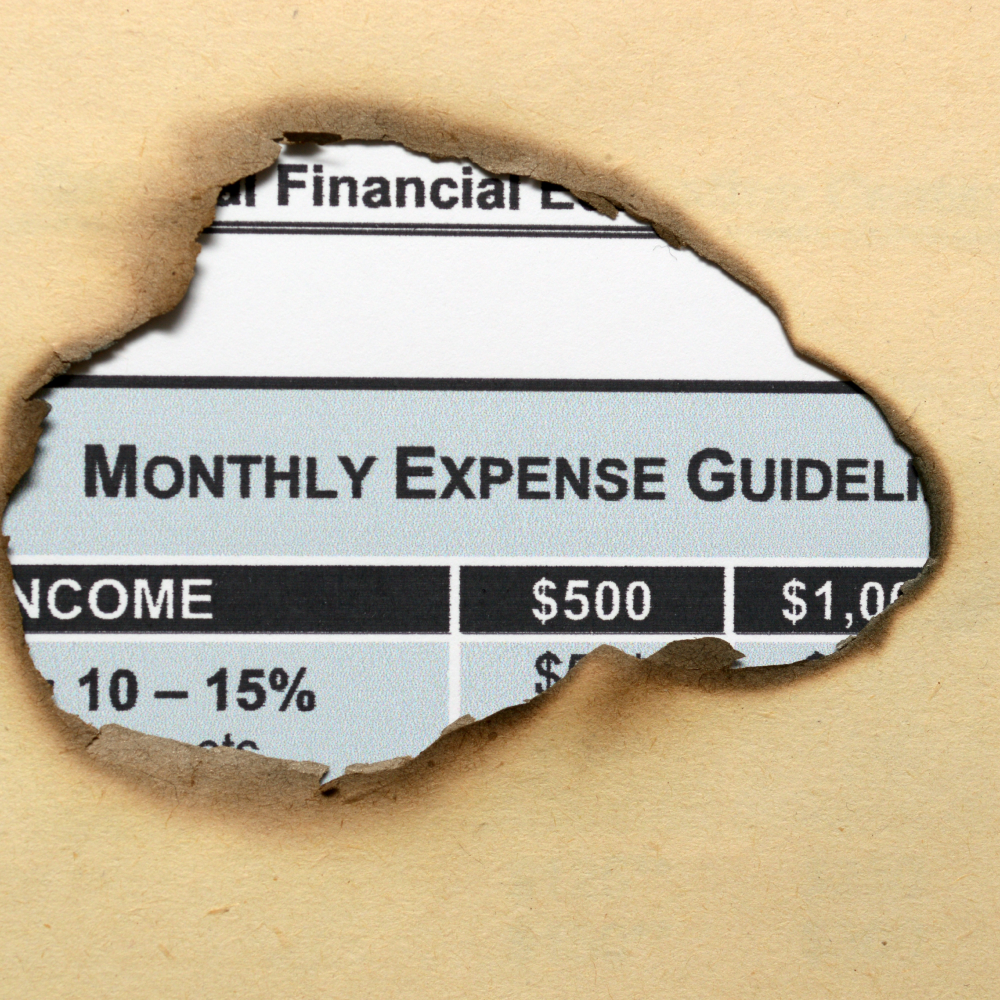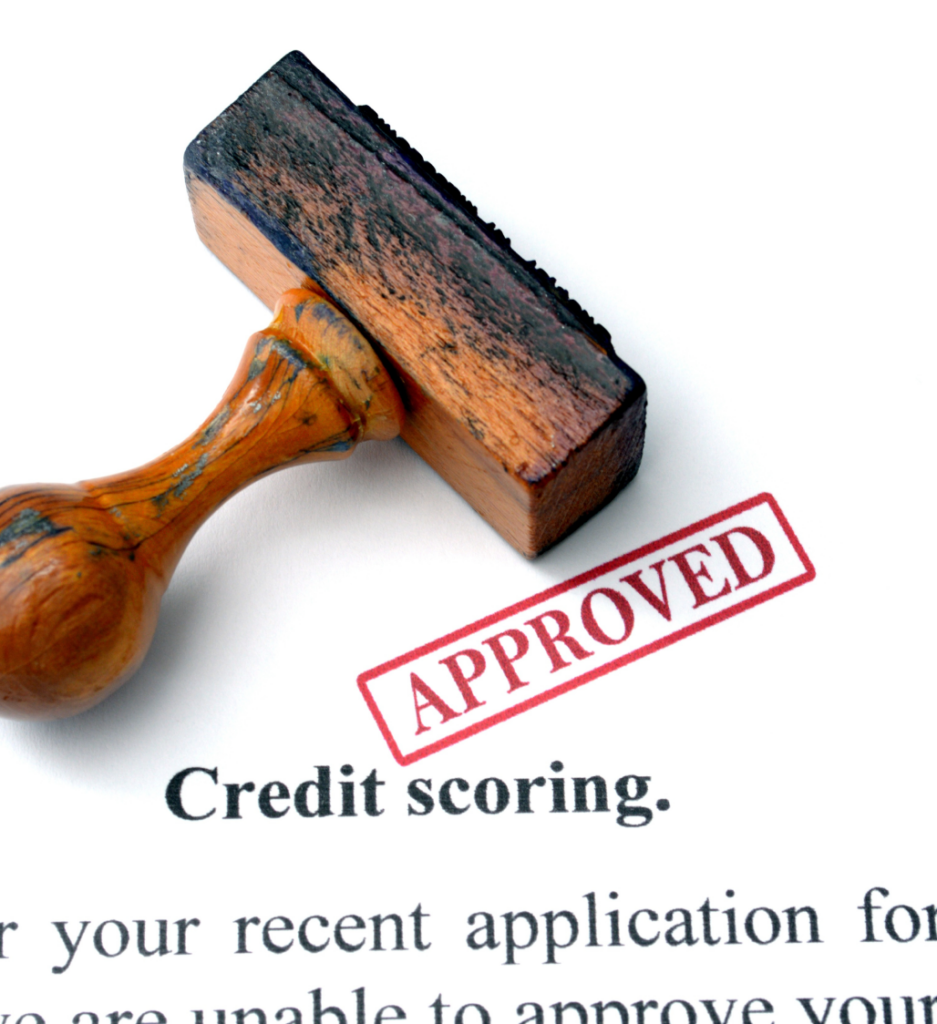How Does Getting a Home Equity Loan Work

Maybe you have some major home renovation projects on tap this spring now that the weather is improving. Perhaps you’re wanting to pay for your child’s upcoming college tuition. With summer vacation on the horizon, this could be an opportune time to consolidate your debt.
No matter which of these options pertains to you, getting a home equity loan is the perfect way to provide the funding for any of these endeavors. A home equity loan is a type of loan that enables homeowners to borrow money using the equity in their home as collateral.
Equity is the difference between the current value of your house and the amount that you owe on the mortgage. For example, if your home is worth $400,000, and you owe $100,000, your equity should be $300,000.
The equity in your house continues to grow as you make mortgage payments and its value appreciates.
A Home Equity Loan
A home equity loan is a type of second mortgage that comes with a fixed rate that is secured by the ownership stake (equity) in your home. It provides a specific amount of money. That is why it is advised that borrowers know precisely how much funds they will need.
A home equity loan is a way to tap into your home’s value without having to sell it. When you take out a home equity loan, you’re converting the equity back into debt in exchange for cash.
With a home equity loan, you’re able to tap into a portion of your home’s equity for cash that you receive in the form of a lump-sum payment. You pay this money back at a fixed interest rate over an agreed period of time.
Lenders for a home equity loan will normally charge lower interest rates compared to rates on personal loans and credit cards. That is because your home is the collateral for the loan. It is important to note that the interest rate for your home equity loan – like other loans – will vary depending on the lender, income, credit score, and other factors.
How a Home Equity Loan Works
If you’re wanting to pursue a home equity loan, you should first determine how much you’ll need to borrow. Home equity loans require you to have a specific dollar amount that you will need. Then, you’ll need to calculate the value of your equity relative to the home value.
The next step involves looking for a lender. The best course of action is to reach out to several lenders. This will enable you to find the best available terms and rates.
Because the equity loan is secured by your home, your property serves as collateral, your property is in jeopardy of foreclosure if you aren’t able to repay what you borrowed. This could result in major damage to your credit score, which will make it difficult to successfully qualify for future loans.
If you are using your home equity loan for home renovation projects or repairs, the interest you’ll be paying on the loan might be tax deductible. You’re able to deduct interest on a home equity loan that is used to “buy, build, or substantially improve” your property, according to the IRS.
Home Equity Loan Requirements
Qualification requirements for home equity loans will differ by lender, but the following is a list of what you will need to be approved:
- A credit score of at least 620 or higher.
- Home equity of at least 15 percent to 20 percent.
- A debt-to-income ratio of 43 percent or lower.
- Loan-to-value (LTV) ratio of no more than 80 percent.
- At least two years of employment history and pay stubs from the past 30 days.
To verify your home’s fair market value, your lender might also require an appraisal to find out how much you are qualified to borrow.
Repaying the Home Equity Loan
Although it will vary by lender, the majority of home equity loans will have repayment periods between five and 20 years. Some lenders will extend the term to as long as 30 years. You will have more affordable monthly payments with a longer loan term. But you’ll also pay a lot more in interest.
If you can afford more expensive monthly payments, choosing a shorter term optimizes the total cost.
It would make the most sense to strike a compromise by having the maximum manageable payments and the shortest loan term.
Look to California Community Credit Union for Home Equity Loans
At California Community Credit Union, we offer two programs for home equity loans. Both are fixed-rate home equity loans. You’ll never have to worry about rising interest rates with these loans.
Also at CACCU, we provide a no-fee home equity loan special for loans under $50,000, up to an 84 month term. Borrowing against the equity you have in your home couldn’t be easier.
We are here and ready to serve your needs for a home equity loan that is tailored to your personal needs.
you may also like
5 Investing Ideas to Help Prepare for Your Future
Investing can be one of the most effective ways to build wealth and secure your financial future….
Home Equity Financing: How Credit Unions Can Make It Easier
The housing market has seen significant fluctuations over the past few years, with home values rising substantially…









